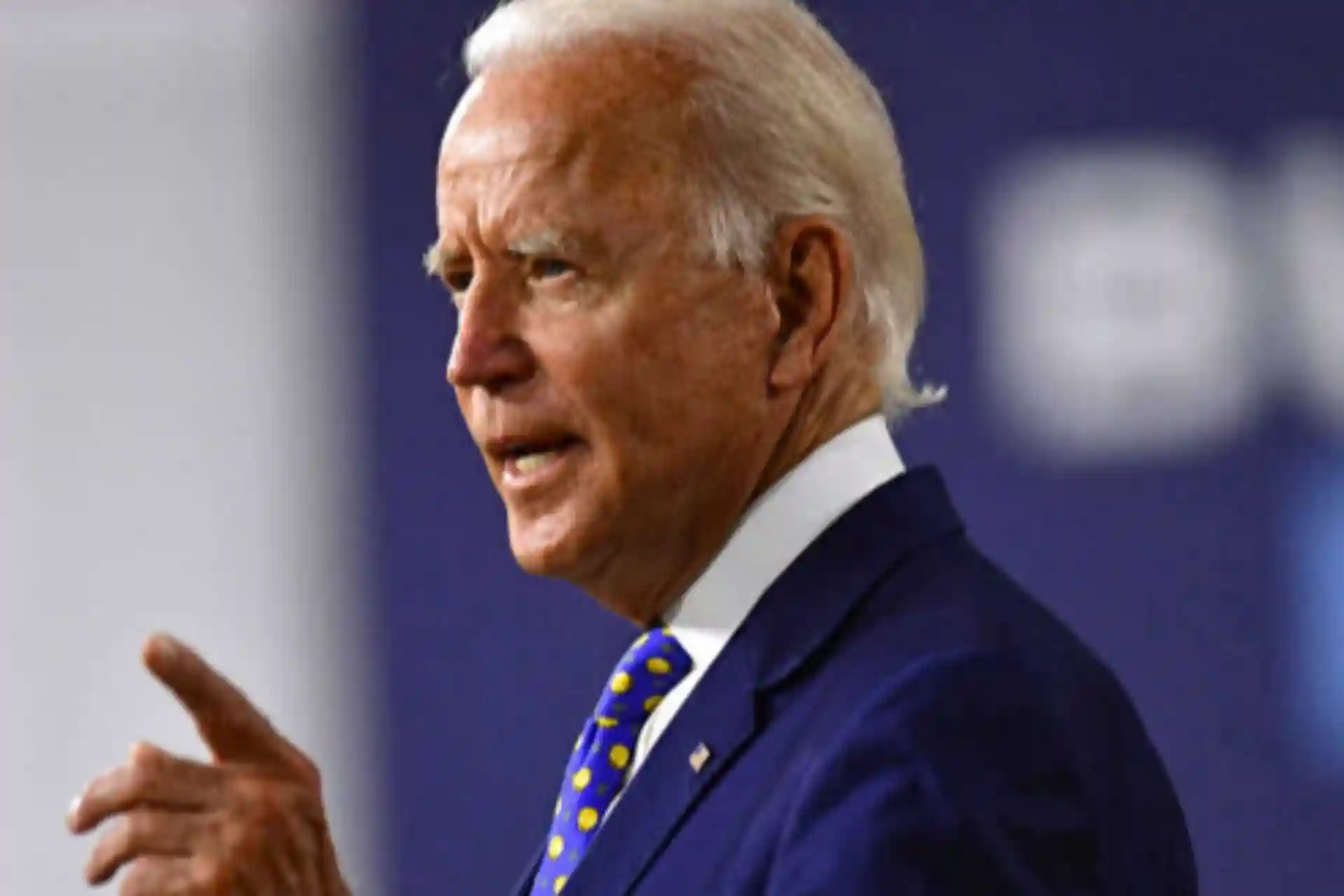09.12.2024 19:33
1709
The era of "surprises": the world is on the verge of change
The first quarter of the 21st century will go down in history with the struggle of conflicting parties. On this front, second-tier countries are trying to form alliances to limit US hegemony, while America is trying to limit as much as possible the formation of such alliances that may threaten its strategic interests. If we pay attention to any war, conflict or political movement happening around the world today, it is not difficult to understand that it is supported by the above two factors.
The current war, which started with Gaza itself and then spread to the surrounding regions, is actually a war aimed at preserving the position and interests of America not only in the region, but also in the world. In this situation, the USA is trying to ignite new conflicts in different regions of the world and, unfortunately, it is succeeding.
The outbreak of the Ukraine war in 2022 and, even more so, the ongoing new phase of the war in Gaza have brought Israel, Ukraine and the West (led by the US) closer together. At the same time, these events further alienated them from the rest of the world and accelerated the transition to a multipolar global order. By the way, advanced political scientists of the world have been warning about the transition to a multipolar world order for a long time.
Last week's riots in Korea, the current bloody clashes in Pakistan, the election disputes in Romania, the civil unrest in Georgia and the recent fierce fighting in Syria, the collapse of the Assad regime and the conflict of other countries in the background, are the vision of conflicts that are reshaping outdated international relations. Below is a brief analysis and summary of the key events and their broader implications.
Romania: Electoral Crisis and Democratic Uncertainty
Romania's decision to cancel the presidential election after the first round plunged the country into political chaos. The Constitutional Court found this action necessary to protect democracy from foreign interference. However, the unprecedented move led to chaos and raised doubts about the integrity of democratic institutions in one of NATO's most important Eastern European members.
It goes without saying that this situation will lead to long-term political instability. This creates serious problems for the preservation of democratic norms within the member states of the European Union (EU). More precisely, serious conflicts related to political leadership and elections may move to other neighboring countries. In addition, many analysts have warned that the geopolitical confrontation between Russia and Western countries may cause such disturbances throughout Eastern Europe.
Georgia: Internal Dissent and the E.U
Georgia submitted a bid for EU membership a long time ago, but the bid was stalled. Due to this, riots occurred among the population. Although the demonstrations, which were initially large-scale, have now subsided, they still maintain their momentum. The government's rejection of EU membership aspirations has led to violence, including shootings, vandalism and clashes with police.
This unrest actually mirrors the wider unrest in Eastern Europe and the Caucasus. The desire for EU integration in these countries often collides with domestic politics and the Russian factor. The unrest in Georgia is caused by the straining of the "rope of relations", one end of which is in the hands of the West and the other end of which is in the hands of the Kremlin, and which is bound to break one day.
Pakistan: Towards Civil War
Former Pakistani Prime Minister Imran Khan, who was jailed a year ago, has called for civil disobedience as he faces mounting legal problems and ongoing protests across the country. Imran Khan accuses the government of politically motivated cases against him and vows to mobilize his supporters to resist what he describes as an attack on democracy. The situation has heightened political tensions in Pakistan, fueled protests and raised the possibility of further instability amid the country's economic woes. Analysts point to the rivalry between the US and military groups as the main reason for this conflict.
A turning point in the Middle East
Syria is once again in the center of attention of the world community. Last week, the foreign ministers of Russia, Turkey and Iran met in Doha to discuss the country's future. Some political solutions are on their way, but it is not easy to achieve peace in a short period of time at the intersection of mutual interests. With the support of Russia, Iran, Hezbollah and other groups in Lebanon, Bashar Assad, who has regained control of a number of important areas he lost in the first few years of his country's 13-year civil war, has been ousted once again. The government forces defending the Assad regime were defeated. The opposition, including Hay'at Tahrir al-Sham, led by Abu Muhammad Jawlani, finally succeeded and captured the government. This revolution in Syria is one of the most sensational events that took place in recent decades, and it will not fail to affect the political landscape of the world in the future.
According to reports, the US has abandoned the failed plan "A" intended for the region and started implementing a new plan "B". And this is bound to change the approach of the United States to its allies and adversaries. America's first plan was based on an Israeli military operation to defeat the Islamic resistance movement in Lebanon.
However, Israel's military offensive in Lebanon was met with strong resistance, and the invading army ceased firing. After Plan A failed, America played a different game. This plan aims to achieve what cannot be achieved by military means through political means. Instead of relying on Israel, America is now focusing on weakening the resistance movement by influencing the Lebanese political and military space. Central to this strategy is the involvement of US special forces and others, who are working to disarm and degrade the Lebanese resistance movement.
This new phase shows the importance of Syria in America's comprehensive strategy in the Middle East. In it, it is important to destroy the alliance of forces against the interests of Syria, the US and Israel, which is considered an important logistical center for the axis of resistance. To this end, America has continued to train and arm mercenaries, building on its previous tactics of destabilizing Syria. Different groups were used in this process. However, the current situation may change the course of events against the interests of the United States.
Nevertheless, the situation in Syria is leading to mutual enmity between Muslim countries (especially Sunni and Shia). This is another point to consider. Because the small countries located in the triangle of Russia, China and Iran may be forced to approach the West, and as a result, they may reconsider relations with Israel in a positive spirit.
Unfortunately, the world events cannot save the politicians of Muslim countries, who are only interested in their own interests, from paralysis of consciousness. The political games taking place in the world and the desire of powerful countries led by the USA to play the whole world to their own drum make the unity of Muslim countries and peoples a necessary issue.



